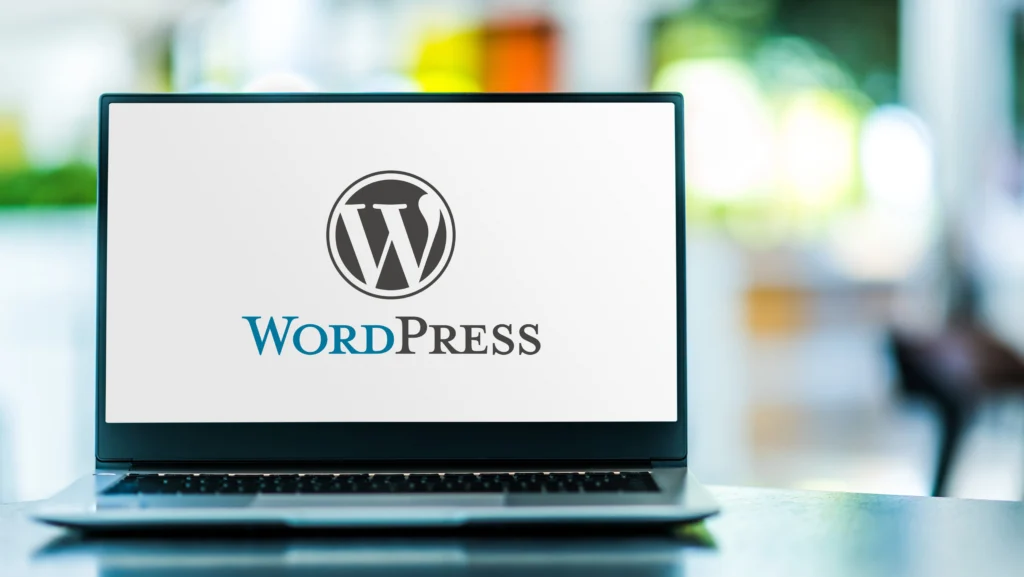AppliMarkets: Your Go-To Resource for App Insights
Explore the latest trends, reviews, and tips in mobile applications.
WordPress Development: Crafting Your Digital Playground
Unlock your creativity with our ultimate guide to WordPress development—turn your ideas into a captivating digital playground today!
10 Essential Plugins for Enhancing Your WordPress Site
When it comes to building a successful WordPress site, using the right plugins can make all the difference. In this article, we will explore 10 essential plugins that can enhance your WordPress site's functionality, performance, and user experience. From improving SEO to boosting site security, these plugins are vital for anyone looking to get the most out of their website.
Here are the 10 essential plugins to consider for your WordPress site:
- Yoast SEO - Optimize your content for search engines easily.
- Wordfence Security - Protect your site from malware and hacks.
- WooCommerce - Create a powerful online store.
- Elementor - Design stunning pages with a drag-and-drop interface.
- WP Super Cache - Speed up your website with caching solutions.
- Contact Form 7 - Handle all your contact form needs effortlessly.
- UpdraftPlus - Backup your site automatically for peace of mind.
- MonsterInsights - Analyze your traffic and performance effectively.
- Akismet - Keep your comments spam-free.
- Smush - Optimize images to enhance loading speed.

A Beginner's Guide to Customizing WordPress Themes
Customizing WordPress themes is an essential skill for anyone looking to create a unique website. Whether you're starting a blog, an online store, or a portfolio, understanding how to make your theme reflect your brand can set you apart from the competition. Begin by navigating to your WordPress dashboard and selecting Appearance > Themes. Here, you can choose a theme that suits your needs. Once you select a theme, you can further tailor it through the Customizer, which allows you to change site identity, colors, and header images. Remember, the right theme can significantly enhance user experience, so choose wisely!
Once you've chosen a theme, the real fun begins. To customize your WordPress theme effectively, consider these key steps:
- Modify the Header: Your header is the first thing visitors see. Use the Customizer to update your logo and site title.
- Edit Colors and Fonts: Personalize your site by choosing colors and font styles that align with your brand.
- Add Widgets: Widgets can add functionality to your site. Find them under Appearance > Widgets.
- Use Page Builders: For advanced customization, try using page builders like Elementor or Beaver Builder, which offer drag-and-drop capabilities.
By following these steps, you'll be well on your way to creating a custom WordPress theme that truly represents your vision.
How to Optimize Your WordPress Site for Speed and Performance
Optimizing your WordPress site for speed and performance is crucial for enhancing user experience and improving your search engine rankings. Start by choosing a reliable hosting provider that offers fast server response times. Additionally, consider utilizing a content delivery network (CDN) to distribute your site's content globally, reducing latency for visitors from various geographical locations. Implementing caching plugins such as WP Super Cache or W3 Total Cache can significantly decrease load times by serving static versions of your site to users.
Furthermore, regularly optimize your images by using formats like JPEG and PNG, and ensure they're compressed without losing quality. Use tools like ImageOptim or plugins like Smush to facilitate this process. Review your WordPress plugins as well; deactivate and delete any that are unnecessary or slow down your site. To keep your database clean and efficient, consider using a plugin like WP-Optimize to remove old post revisions and spam comments. By following these steps, you'll set a strong foundation for a faster, more performant WordPress site.